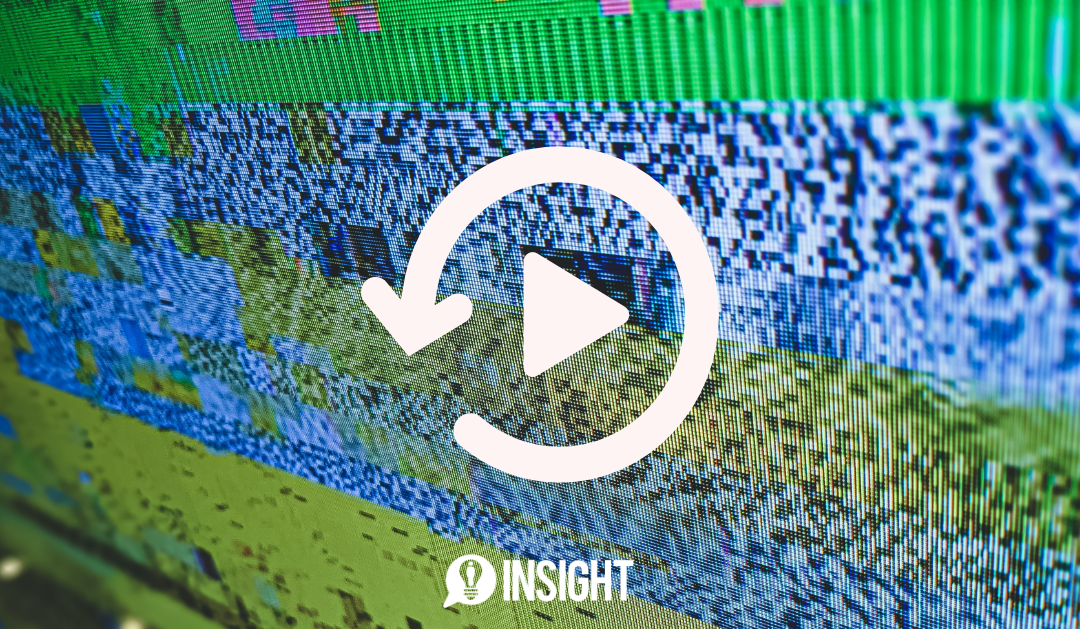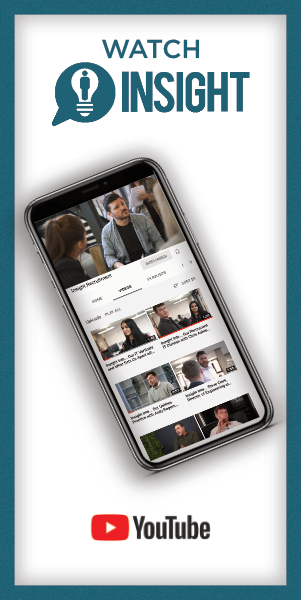There is no questioning that virtual conferencing and video-based services have been critical to business continuity throughout the pandemic. Embracing digital workarounds has allowed many companies to tap into new markets and access audiences who were previously unreachable. Whatever your preference, platforms like Zoom, Google Meet and Microsoft Teams have enabled teams to come together, boosting communication in a time where many are working from home.
There is no questioning that virtual conferencing and video-based services have been critical to business continuity throughout the pandemic. Embracing digital workarounds has allowed many companies to tap into new markets and access audiences who were previously unreachable. Whatever your preference, platforms like Zoom, Google Meet and Microsoft Teams have enabled teams to come together, boosting communication in a time when many are working from home.
However, with the recent abundance of video across society are we entering a new wave of video-platform fatigue?
A study by Stanford University Professor of Communication, Jeremy Bailenso recently found that “Zoom fatigue” or nonverbal overload of video calls contributed to amplified stress than meetings conducted in real life. This includes amounts of “close-up eye gaze” and “increased self-evaluation from staring at video of oneself”.
Zoom users are seeing reflections of themselves at a frequency and duration that hasn’t been seen before in the history of media — and likely the history of people
– Jeremy Bailenson, Founding Director of the Stanford Virtual Human Interaction Lab
The Oscars organisers announced last week that 2021’s event would be zoom free, a move that has been openly criticised by many within the entertainment industry. Multiple nominees live outside the United States, and with pandemic restrictions still in place across the country, restricting unnecessary travel is of top priority. The decision was made following the poor viewing figures recorded at both Golden Globes and the Grammys, with both ceremonies recording the lowest television audience in decades. With other factors at play, the correlation between viewing experience/ low figures and the impact of virtual video platforms remains to be defined.
We are going to great lengths to provide a safe and ENJOYABLE evening for all of you in person, as well as for all the millions of film fans around the world, and we feel the virtual thing will diminish those efforts.
– Oscar producers Steven Soderbergh, Stacey Sher and Jesse Collins
It is hard not to see why more of us are becoming apathetic; Video is all around us both in our personal and business lives. It has prominently cemented itself as a social media staple in the creation of more personable, accessible and engaging content. The rise of TikTok and the integration of ‘story’ functionality within our favourite social platforms have undoubtedly influenced how we consume information. Moreover, with the evolution of smart video calling, we can communicate with loved ones with more ease than ever.
From a business perspective, we have had our fair share of choice in terms of webinars, online events and conferences. The prolific adoption of video has enabled a greater sharing of knowledge. We have been able to embrace new learning opportunities as a result of expanding networks, evolve our own skillsets and challenge our current ways of thinking. Video has been key to this new way of learning, allowing us to conceptualise more creatively and relate more personally to topics.
Rebooting the digital workplace to suit both those working in a remote and flexible capacity as well as traditionally from the office will be a challenge. Data from tools and platforms will help businesses enhance performance company-wide and at an individual level. After a year of digital working, the investments businesses have made can be taken to a new level. By seamlessly integrating online and offline interactions, companies can provide an optimised experience, elevating customer journeys and internal processes.
Post-pandemic, video will not be a default solution; it will become part of this unified approach and will be a tool to leverage engagement and interaction. Video will also develop alongside changes to technology, augmented in line with new behaviours and usability.
At Insight, we have found video invaluable. From conducting client meetings to setting up candidate qualifications and remote interviews through the Hinterview platform. Additionally, we have expanded our community through the digitalisation of our Let’s Get Disruptive events series and communicated our vision, purpose, and our market specialisms to our customers through the medium.
For more information on Insight’s Recruitment processes and practice structures, take a look at our division pages…
Engineering: https://www.insight-rec.com/engineering/
Tech: https://www.insight-rec.com/tech/
Or, contact us directly: info@insight-rec.com
+44 (0)161 710 2317
See More From Our Blog
Meet Our New Mission Critical Team Member – Jacob Jackson
Here at Insight Recruitment, we’re excited to further expand and strengthen our Mission Critical team. Jacob Jackson joins the Insight family in the position of Recruitment Consultant specialising in the Mechanical industry…
read moreIndustry Update – The Evolution of the Data Centre Market in Europe
In today’s digital age, data centres serve as the backbone of our interconnected world. They are the central hubs powering the storage, processing, and distribution of vast amounts of information…
read moreIndustry Update – Technology Innovations in the US
In today’s ever-evolving world, the United States continues to be at the forefront of technological innovations, shaping industries and driving global progress…
read moreMeet Our New US Tech Team member – Joe Flower
Here at Insight Recruitment, we’re excited to further grow our US Tech team as we aim to explore new markets…
read moreMeet Our New Mission Critical Team Member – Georgia
Here at Insight Recruitment, we’re excited to further expand and strengthen our Engineering team. Georgia Ellyatt joins the Insight family in the position of Recruitment Consultant specialising in the Mechanical & Electrical industry.
read moreMeet Our New Operations Team Member – Anna Prudencio
Here at Insight Recruitment, we’re excited to further grow our Operations team as we aim to Empower Sustainable Growth…
read more








Recent Comments